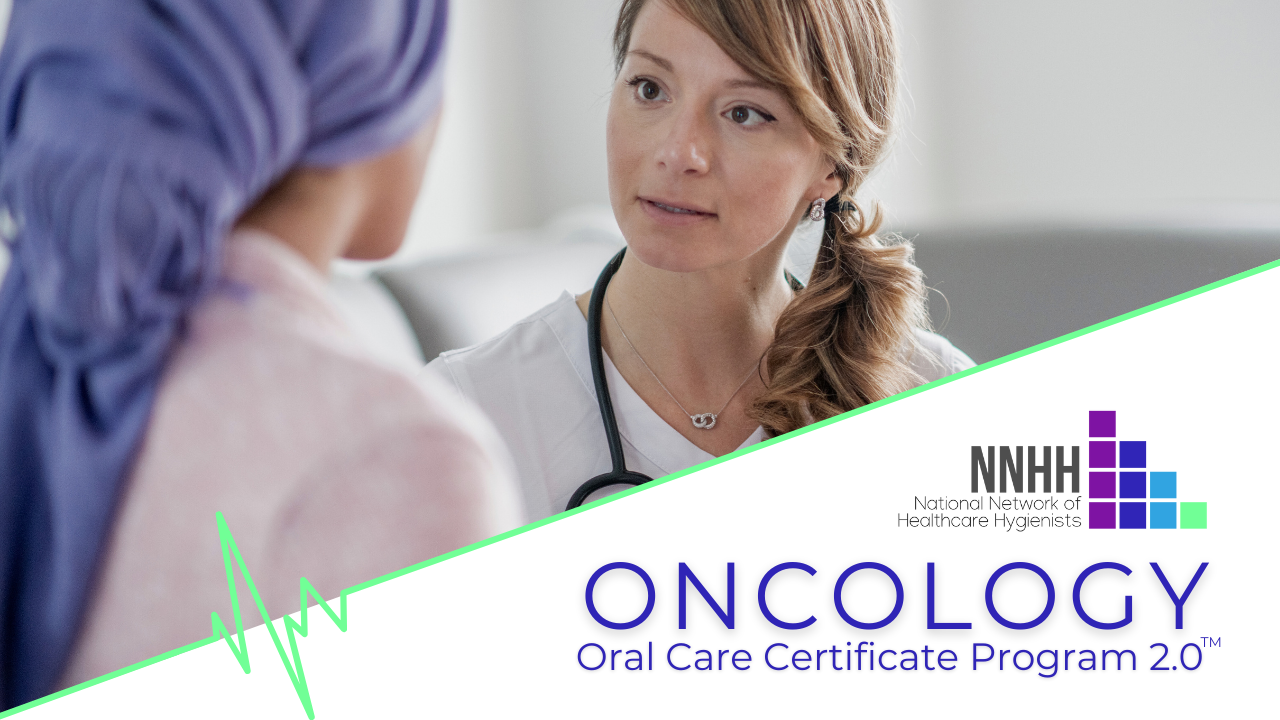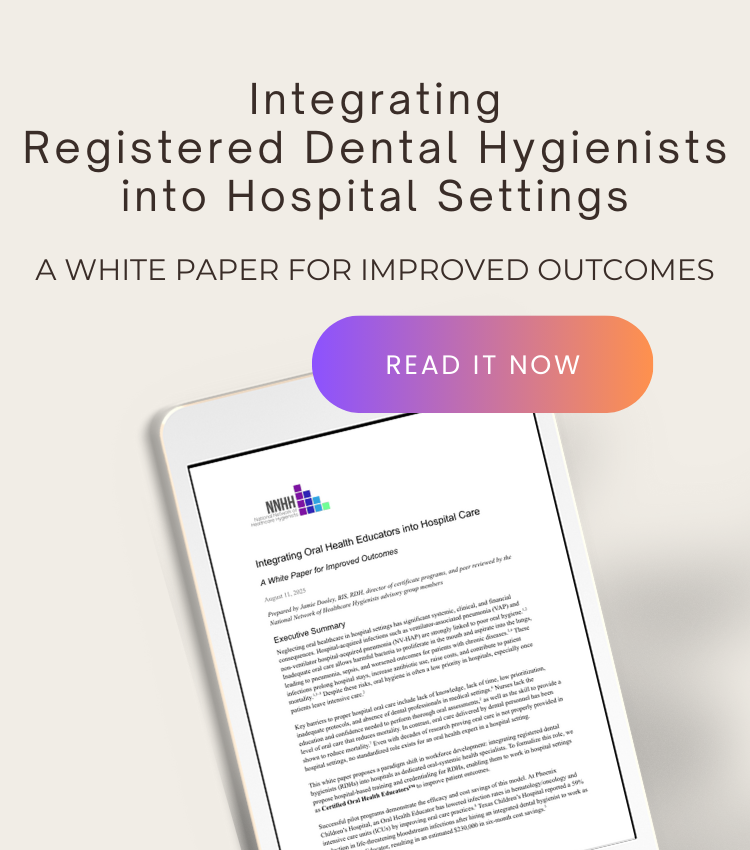
Breaking Away from Dentistry: Why Dental Hygiene Belongs in Healthcare
Jul 25, 2025For decades, dental hygiene has existed as a subset of dentistry — regulated, reimbursed, and recognized within the confines of a dental operatory. But today’s healthcare needs demand more. As chronic disease rates soar and prevention becomes a national priority, it’s time to reconsider where dental hygiene truly belongs.
The answer is clear: Dental hygiene is not just an extension of dentistry — it is an essential, standalone discipline within healthcare. And it’s ready to break free.
A Profession Rooted in Prevention, Not Restoration
While dentistry is largely surgical and restorative in focus, dental hygiene was founded on prevention. Dental hygienists are trained to prevent disease, manage chronic conditions, assess health risks, and educate patients — all core principles of public health and primary care.
Their skillset extends far beyond “cleanings.” Dental hygienists:
-
Provide risk assessments for oral and systemic diseases
-
Deliver non-surgical periodontal therapy
-
Conduct screenings for hypertension, diabetes, and oral cancer
-
Administer local anesthesia and therapeutic interventions
-
Educate on behavior change, smoking cessation, and nutrition
-
Serve vulnerable and underserved populations
-
Work independently in community and public health settings (in many states)
These are not simply dental tasks — they are core public health services.
Educationally Aligned With Allied Health
Dental hygienists complete 2–4 years of accredited education, including coursework in anatomy, physiology, pharmacology, pathology, and patient care — paralleling nursing and allied health degrees. Most programs include 600–700 hours of clinical patient care, and nearly 3,000 total clock hours, preparing hygienists to function as independent healthcare providers, not minimally trained support.
And yet, the profession continues to operate under state dental boards and supervision models that limit its ability to meet broader public health needs. It’s time to ask: Who benefits from keeping hygiene tethered to dentistry — and who is harmed by it?
Hospital-Based Hygienists Are Leading the Way
Across the country, forward-thinking healthcare systems are already integrating dental hygienists into hospital-based care. These professionals are working in oncology units, ICUs, labor and delivery, cardiac care, and long-term care settings, delivering critical oral health services to medically fragile patients.
Research supports their role: oral care protocols led by hygienists have been shown to reduce hospital-acquired infections, improve patient outcomes, and contribute to overall care quality. Their presence improves interdisciplinary communication, helps identify systemic conditions early, and supports the work of nurses and physicians by reducing oral inflammation that can exacerbate chronic disease.
These hygienists are not exceptions — they are examples of what’s possible when the profession is empowered to serve beyond the operatory.
Why This Shift Matters
In an era of integrated, value-based care, oral health cannot remain siloed. Medical providers are calling for more collaborative teams. Patients need more access points. And communities — especially those underserved — need prevention-focused professionals embedded where they already seek care.
Dental hygienists can fill that gap, but not if their scope is constantly filtered through the lens of a surgical dental model.
To reach their full potential, hygienists need:
-
Independent pathways for licensure and reimbursement
-
Direct access models across all states
-
Inclusion in medical provider networks, ACOs, FQHCs, and hospitals
-
Representation on public health and interprofessional care teams
-
Recognition as primary prevention providers
The Future Is Interprofessional — Not Interdependent
The dental hygiene profession is evolving. More hygienists are earning bachelor’s and master’s degrees in public health, health policy, and integrative medicine. Many are pursuing doctorate degrees in fields like health sciences and leadership. It's only a matter of time until the first doctorate program in dental hygiene is established. Programs are emerging that position hygienists as health coaches, hospital-based providers, educators, and independent clinicians.
This isn’t about breaking away from dentists — it’s about breaking into medicine. It’s about giving dental hygienists the autonomy to serve their communities and the professional identity to match their training.
As Derik J. Sven, MBA, MPH, RDH, CDT, FADHA, puts it:
“Dental hygiene has always belonged in public health. Our future isn’t under the drill — it’s in prevention, policy, and population health.”
Final Thought: Redefining the Profession
The time has come to redefine what dental hygiene is — and isn’t. It isn’t a support role, or a cleaning service.
Dental hygiene is a standalone healthcare discipline, and it deserves the freedom to function as one. As the U.S. reimagines its healthcare system, dental hygienists should no longer be considered part of dentistry — but part of the health solution.
AUTHOR: Jamie Dooley, RDH, BIS
Jamie is the founder and certificate program director of the National Network of Healthcare Hygienists (NNHH), the first nonprofit dedicated to positioning dental hygienists as essential members of interdisciplinary healthcare teams. Under her leadership, NNHH launched the world’s first ANSI-accredited certificate program in dental hygiene, followed by additional programs built to the same rigorous standards—establishing a new benchmark for professional education and expanding opportunities for hygienists in hospitals, primary care, and community health. Committed to formalizing post-license credentialing and elevating the RDH role within the medical model, she is driving a national shift toward integrated, prevention-focused care where dental hygienists are recognized as indispensable to every patient’s health.
Connect with her at [email protected]






